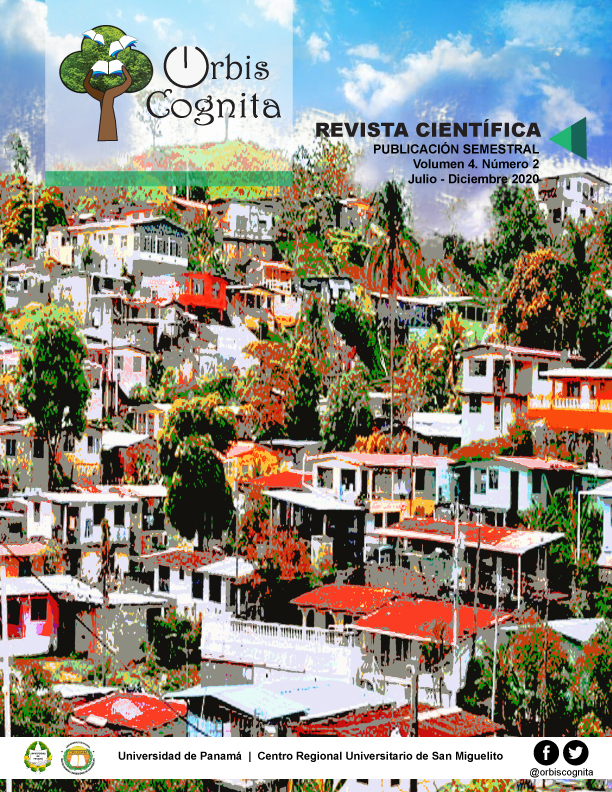

Water is one of the most valued natural resources in the world and is the central point of sustainable development in the field of the economy, culture, education, social, environmental and health of a country. The Canal Hydrographic Basin is the most important hydrological source in the Republic of Panama and generates the supply of water for the canal and other uses. The Panama Canal Authority is responsible for the administration, use, maintenance and conservation of the water resources of rivers and lakes, guaranteeing its availability in quantity and quality, through the Water Quality Unit responsible for evidencing polluting factors or agents to through the review of physical, chemical and biological parameters which provide extensive information on its nature, which allows evaluating the quality of water in relation to its natural quality, human and aquatic effects related to health. The cross-sectional study was carried out at the Monte Esperanza Water Treatment Plant in the Province of Colón between 2016 and 2017, analyzing raw water from the Gatun Lake reservoir. Its purpose was based on the study of water quality through the review of processes for the parameters that determine its quality. The results obtained in the water treatment plant demonstrate that they are useful for the control, since it remains between Good and excellent according to the calculations of the Water Quality Index. These processes demonstrate real results, maintain frequent monitoring with good water quality.